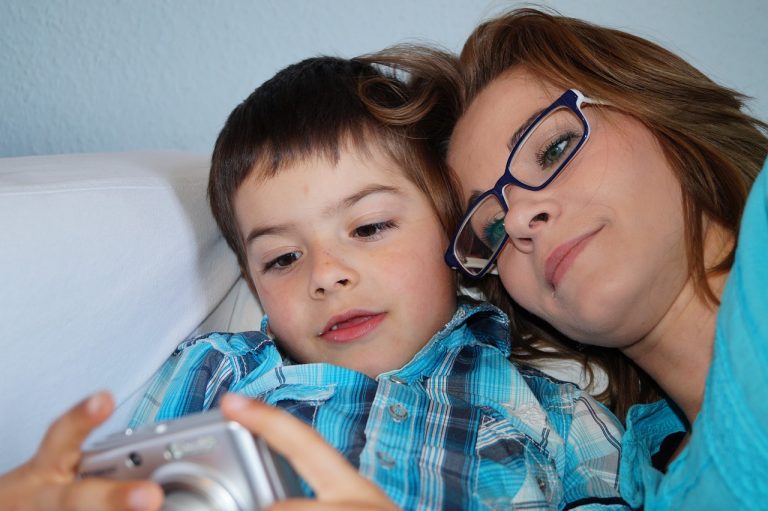Uncategorized
Articles
Coping with the lockdown

- Think about how you have supported the person to manage changes in the past – and how you both managed it successfully.
- Be careful with your words, try to use them consistently, in the same way. For example, you could use ‘change’ or ‘difference’, ‘COVID-19’ or ‘the coronavirus’. This will help to avoid confusion or misunderstandings.
- Emphasise how some things will stay the same, even though other things will be different.
The following strategies may also be useful:
- Develop the new routine as soon as you can. You can have some fixed times for doing things during the day, even if there is ‘free time’ at other parts of the day. Diaries, timetables, lists and any other familiar supports will be helpful.
- (The National Autistic Society has some useful examples of visual supports that can help with this.)
- Consider using social stories, or social narratives, to explain the changes we are making and why they are happening.
- The National Autistic Society website has information and guidance on social stories or check on youtube for great videos on social stories.
- Schedule in some activities the person can look forward to every day. These should be things that can always happen, even if their behaviour has been difficult.
- Schedule some time every day to talk together. You can share anxieties or worries and use it as a regular time to discuss any problems.
- Some young people with autism or ASD like to have a set date when you can, together, ‘review’ any changes. This can feel more containing than having no idea about when things might change.
- Children and young people, like ourselves, are getting an ‘overload’ of inconsistent information – as well as areas of almost no information. Try to understand what information they are aware of, where they are getting information from, what they understand, and what questions they have.
Having Honest conversations
Honest conversations about how far we’ve come with autism awareness and issues families face in every life. We want to shine the light on the cultural sensitivity, barriers, stigma gaps in services and the families that are missing out of support..
